
Researcher
Luísa Bastos is Principal Researcher at the Faculty of Sciences of the University of Porto. She holds a PhD in Surveying Engineering from the University of Porto. Her research is focused on GNSS based technologies, including the development of low-cost GNSS/MEMS systems, with applications to airborne gravimetry, mobile mapping and coastal and ocean dynamics. She has been involved in the establishment of the RAIA oceanic observatory and is presently interested in the development of multi-sensor marine technologies for sea-level, currents and wave height monitoring.










